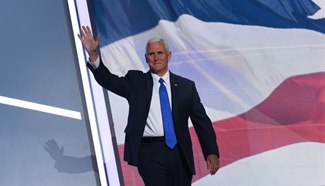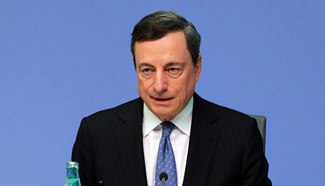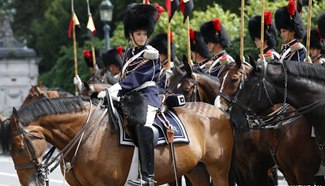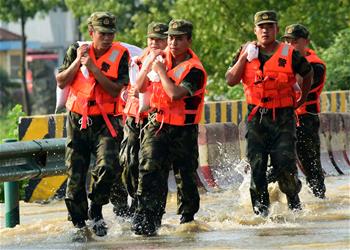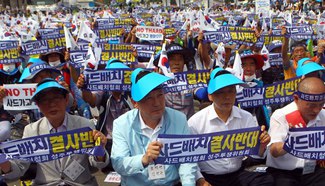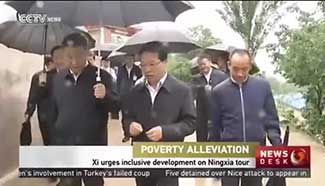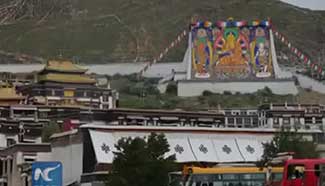LOS ANGELES, July 21 (Xinhua) -- Top human hackers now have been met with challenges from machines.
Next month, seven machines will compete in the world's first all-machine network defense tournament and the winner will compete against the world' s top human hackers, according to the Defense Advanced Research Projects Agency (DARPA), the branch of the U.S. Department of Defense responsible for developing new technologies for U.S. military.
The research wing of the U.S. military has announced that it will hold Cyber Grand Challenge, a multiyear program that is set to culminate on Aug. 4 in Las Vegas at a unprecedented, open-to-the-public cyber defense competition to be held in collaboration with DEF CON, one of the world' s largest and most venerable annual hacker conferences.
During the event, seven finalist teams' programmers will step back and their machines will autonomously vie for millions of U.S. dollars in prizes.
The team who wins the Cyber Grand Challenge will go on to pit its machine against the world' s top human hackers in DEF CON "Capture the Flag" (CTF) competition on Aug. 5, according to DARPA.
"That would be the first-ever inclusion of a mechanical contestant in that event, and could presage the day when, as eventually happened with chess and Jeopardy!, a computer proves to be the Grand Master of cyber defense," DARPA said in a statement.
The first DARPA Grand Challenge was a driverless car competition held in 2004. While it was initially a failure with none of the robot vehicles finishing the route, but that competition inspired many other companies including Google to build automated vehicles.
Now DARPA wants to do the same for cyber security. According to the agency, the process of finding and countering bugs, hacks and other cyber infection vectors is still effectively artisanal. With the growth of the internet of things (IoT), cyber security needs to evolve to a largely automated, scalable process.
But "unlike the case with self-driving cars, where the path to full autonomy, while challenging, is now just a matter of technological advances, we still don' t know if autonomy involving the kind of reasoning that' s required for cyber defense makes conceptual sense," said Mike Walker, the DARPA program manager who launched the Cyber Grand Challenge in 2013.
"In the same way that the Wright brothers' first flight didn' t go very far but launched a chain of events that quickly made the world a much smaller place, a convincing demonstration that automated cyber defense is truly doable would be a major paradigm shift, and would speed the day when networked attackers no longer have the inherent advantage they enjoy today," Walker said.

